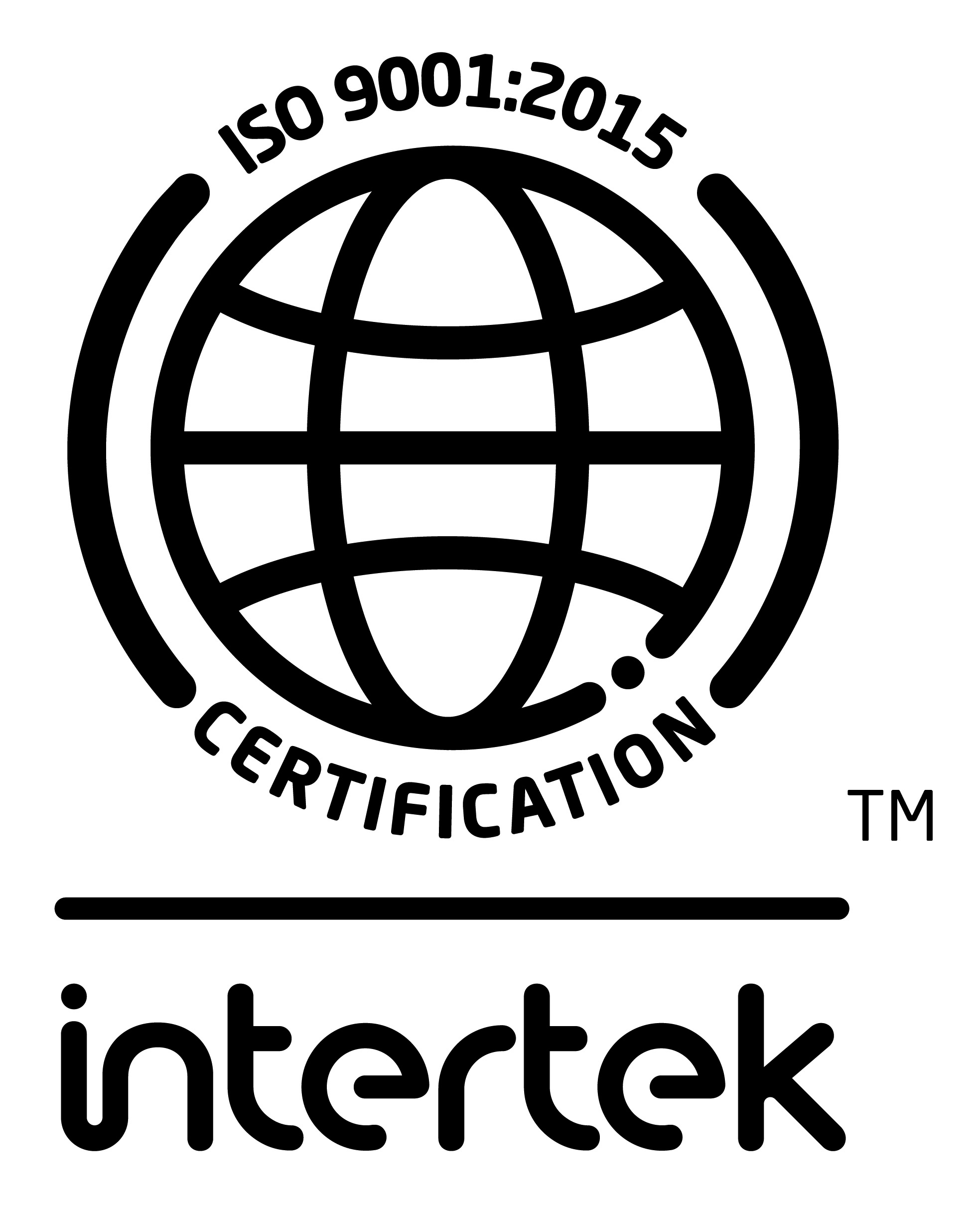D ainis Nams is an engineer whose career has focused on leadership and technology development in the marine acoustics sector. In his role as GeoSpectrum’s director of engineering, he runs the Engineering Department, which develops and maintains the company’s core sonar and transducer product lines. With an education in mechanical engineering and a master’s in marine robotics, Mr. Nams began his career designing components for sonobuoys and towed sonar systems before rapidly moving to systems engineering and technical management. He has managed multiple towed sonar build and test programs and led the development of two of GeoSpectrum’s product lines: the patented C-Bass low-frequency electromagnetic marine vibrator and the M670 hull mounted sonar.
Where were you born? Where is home today?
I was born in Whitehorse, Yukon Territories, and now live in Halifax, Nova Scotia.
What is your occupation?
I’m an engineer at GeoSpectrum, a marine acoustic sensor and sonar company.
Why did you choose this occupation?
Engineering was a deliberate choice – because I like solving real problems and playing with technology – but I fell into the marine sector almost by accident because there are so many good opportunities in Halifax.
Where has your career taken you?
From leading robotics teams (during both educational degrees) to designing components for someone else’s sonar to leading a team developing my own sonar to building an engineering department capable of producing next generation sonars.
What hobbies do you enjoy?
Chasing my three small children, mountain biking, and renovating my century home.
What has been the highlight of your career so far?
It is hard to pick just one, but I have particularly enjoyed my work on a novel low-frequency transducer. A small team of us developed it from basic principles around six years ago, and it has since become a successful product line used around the globe for an increasing number of applications. The photo shows me testing it at the US Navy Seneca Lake facility.
What do you like most about working in this field?
The ocean is an incredibly harsh and beautiful environment, meaning that there is always something new to do when working in marine technology.

Dainis Nams, Director of Engineering @ GeoSpectrum Technologies Inc.
Why do you stay at your current company?
I have spent most of my career in one place – an approach that is increasingly rare in my millennial generation. In fact, having done a master’s in robotics, I did not plan to work in acoustics at all. But I have realized that what is more important than the exact technology you work on is the culture in which you live a third of your life. I stay where I am because I love being part of a company led by people who genuinely respect its employees and where we support each other and grow together.
What are some of the biggest challenges your job presents?
There is so much that a capable company can do in this sector that it is impossible to have enough time to do it all. Choosing what opportunities and technology we will (and will not) pursue is tough but keeps us focused on what is most important.
What technological advancements have you witnessed?
The miniaturization of computing devices has impacted marine tech just as much as every other field, with components and systems becoming smaller, smarter, and better able to function without operator oversight.
What does the future hold for this industry?
In the near future, we expect to see an increasing push toward unmanned surveillance platforms as part of a broader interest in marine surveillance due to shifting global power balances.
What advice do you have for those just starting their careers and for students wanting to get into this industry?
For those starting their careers, do not start in this field (or any) unless you are genuinely passionate about it. Anyone can learn skills and gain experience, but those with enthusiasm for their work stand out and find it most fulfilling. For students interested in this industry, set yourself apart by seeking hands-on experience beyond the curriculum. Extracurricular tech teams are one great way to do this: as a founding member of the Dalhousie ROV Team, I attended four MATE international ROV competitions. This taught me as much as all my classes combined, plus it introduced me to my first employer.
Copyright Journal of Ocean Technology 2024, The Journal of Ocean Technology, Vol. 19, No. 3, 2024


